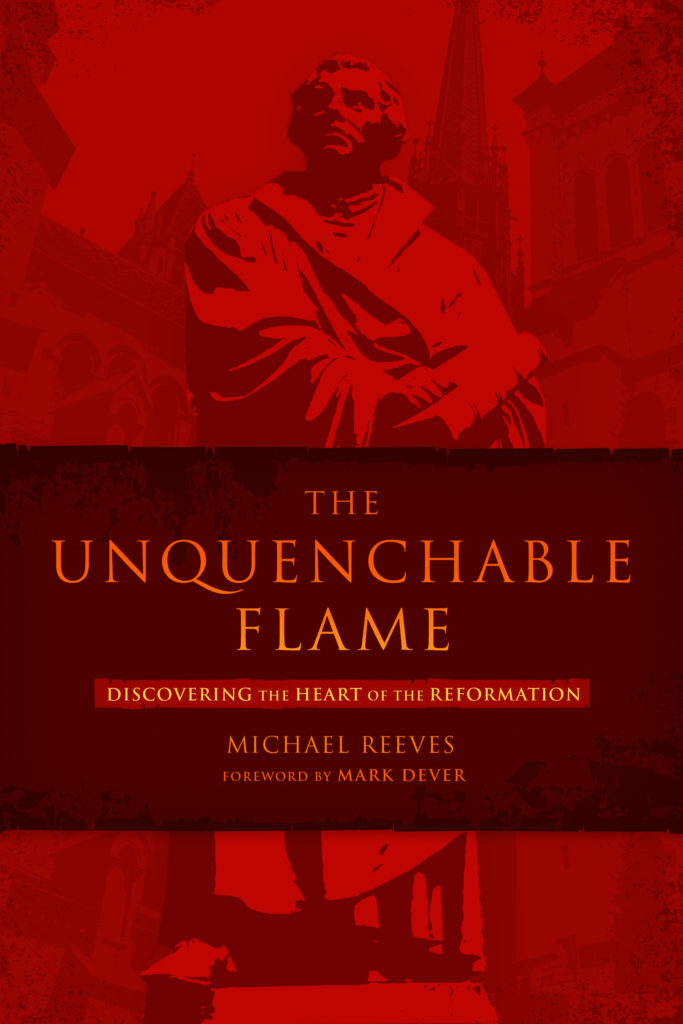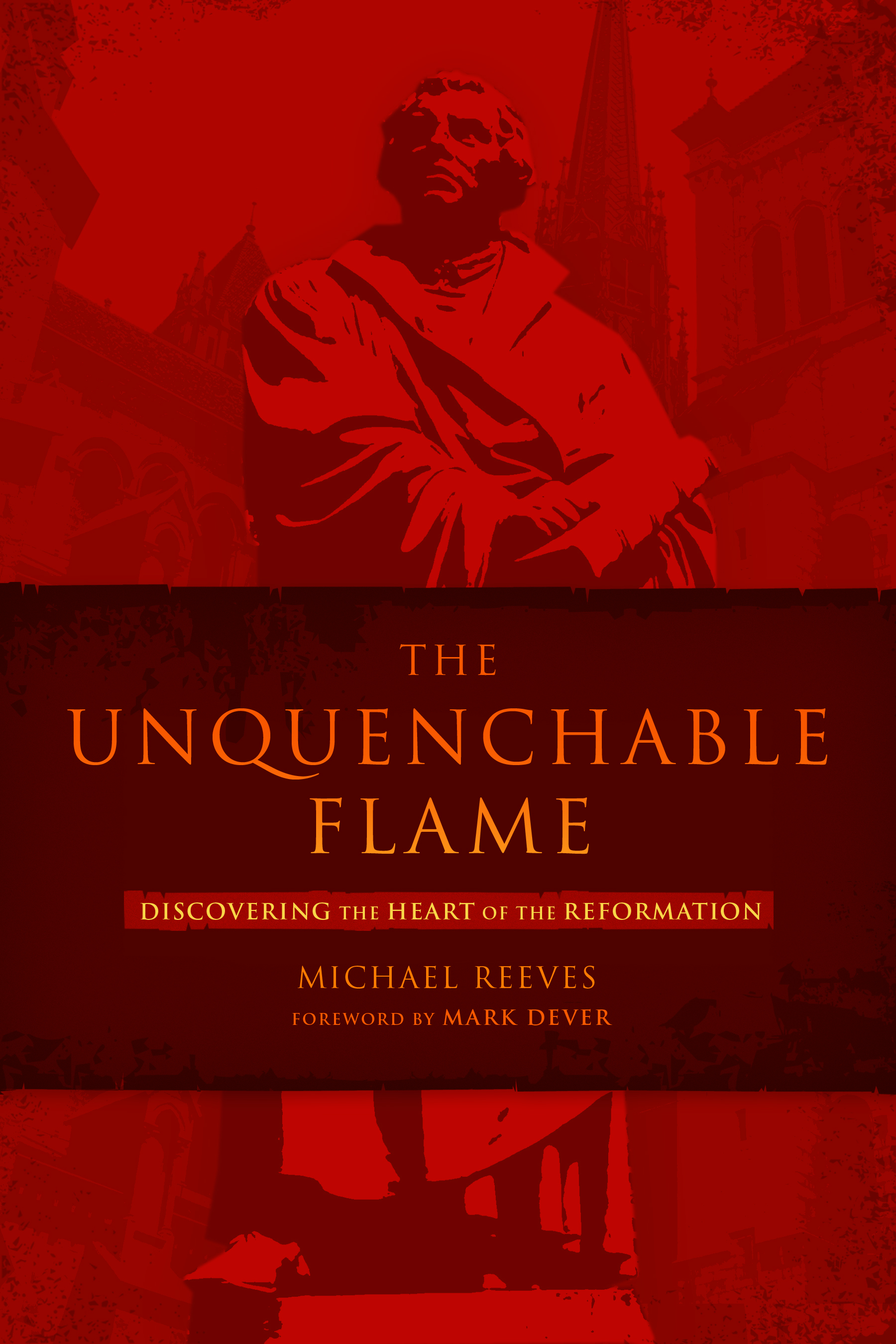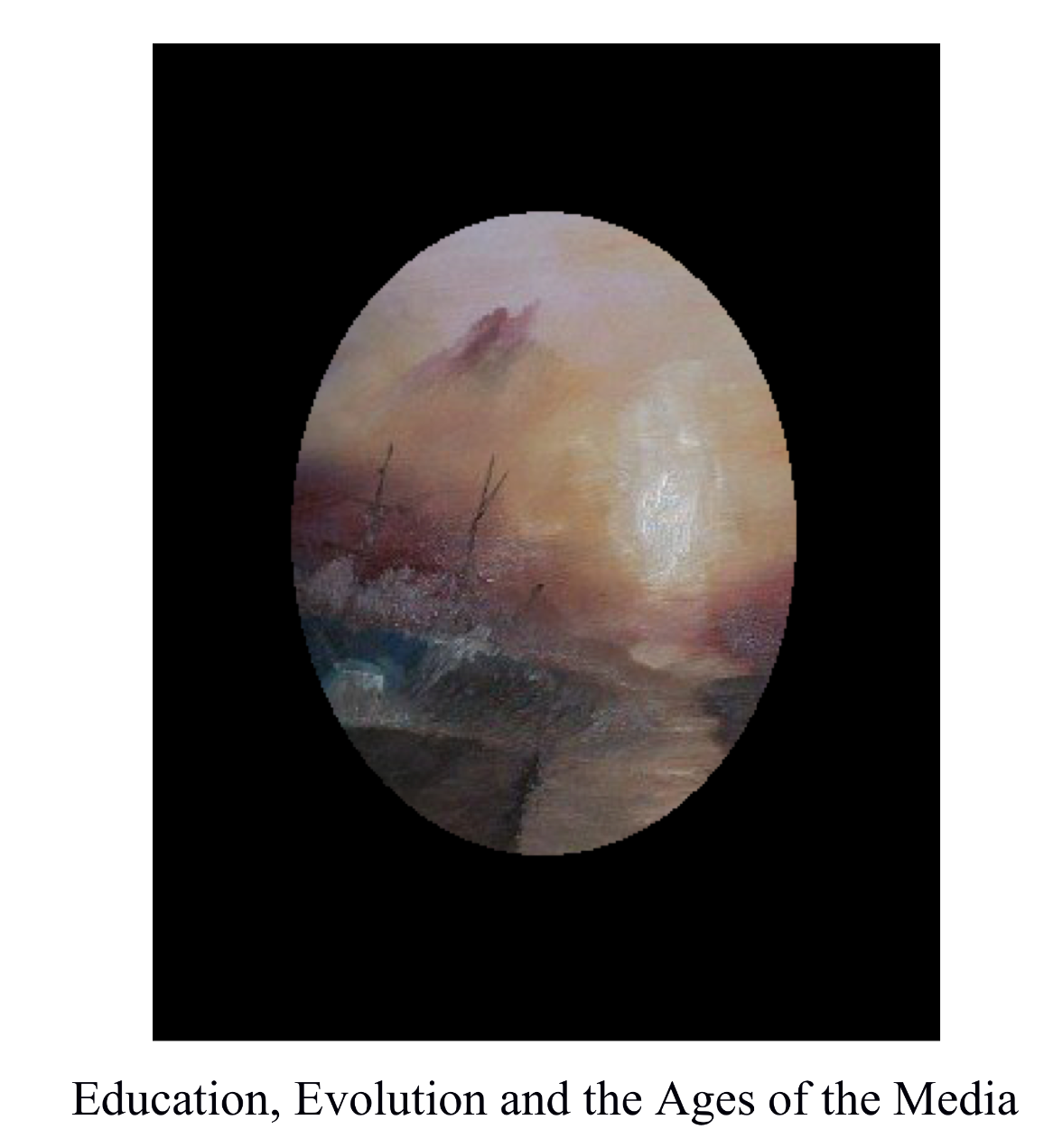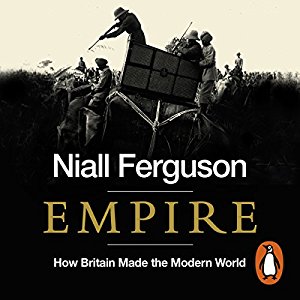The Church was a mess in the 1400’s, corrupt, lazy, bloated with arrogance and drunk on power. Rumblings were inevitable. Had the Roman Catholic church listened and responded to the complaints history would have told a different story.
Erasmus was disenchanted, but he wanted peace more than anything. To him peace was best obtainable through theological ignorance:
“The sum of our religion is peace and unanimity, but these can scarcely stand unless we define as little as possible”
That was the Catholic churches party line, its just that for Erasmus they needed to clean up their act a lot. This wasn’t good enough for Luther, he fired back at Erasmus:
“You with your peace-loving theology you don’t care about truth”
Luther won the debate and Europe was plunged into about 400 years of bloody religious conflict. Why? The answer is complicated, but the following points offer at least a partial answer:
- Religious upheaval was a prime opportunity for ambitious aristocrats and royals to accrue power. — There is nothing like a religious reason to motivate ones subjects to fight and conquer.
- The reformers were not proponents of individual religious liberty. Dissenting voices must still be crushed whether Reformer or Catholic.
- The accessibility of Scripture to the general public created dissenting voices on a massive scale.
- As the tyranny of the Catholic system was cast off, many marginalized people took this opportunity to cast off any and all authority. Rebellions were always met with brutality in that era.
- Belief is worth dying for. In this era nothing mattered more. But was belief worth killing for? Sadly, many answered that question (contrary to Jesus) in the affirmative.
If God had spoken, and if the human had somehow missed the message or clouded it beyond recognition as the reformers said, then it was necessary to go through this tumult. However, it is regrettable that so much blood had to be shed.
As a way to cope with our differences on the other side of the reformation we embraced individual religious liberty. We made faith a volunteer experience. The upside of this is we don’t battle each other any more. The downside is that confidence in the reality of God has been lost. The thinking goes as follows: If there are so many possibilities of belief, how can we know which one is actually real, we can’t. Therefore it’s all probably just made up stuff anyway. Doubt permeates our thinking, dogmatism must go and with it, in the long run, faith itself — Such seems to be the case in the West. As a matter of survival perhaps, it appears to me that Christianity is becoming more and more like Erasmus’s vision of it and less like Luther’s.





